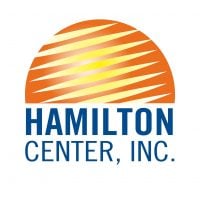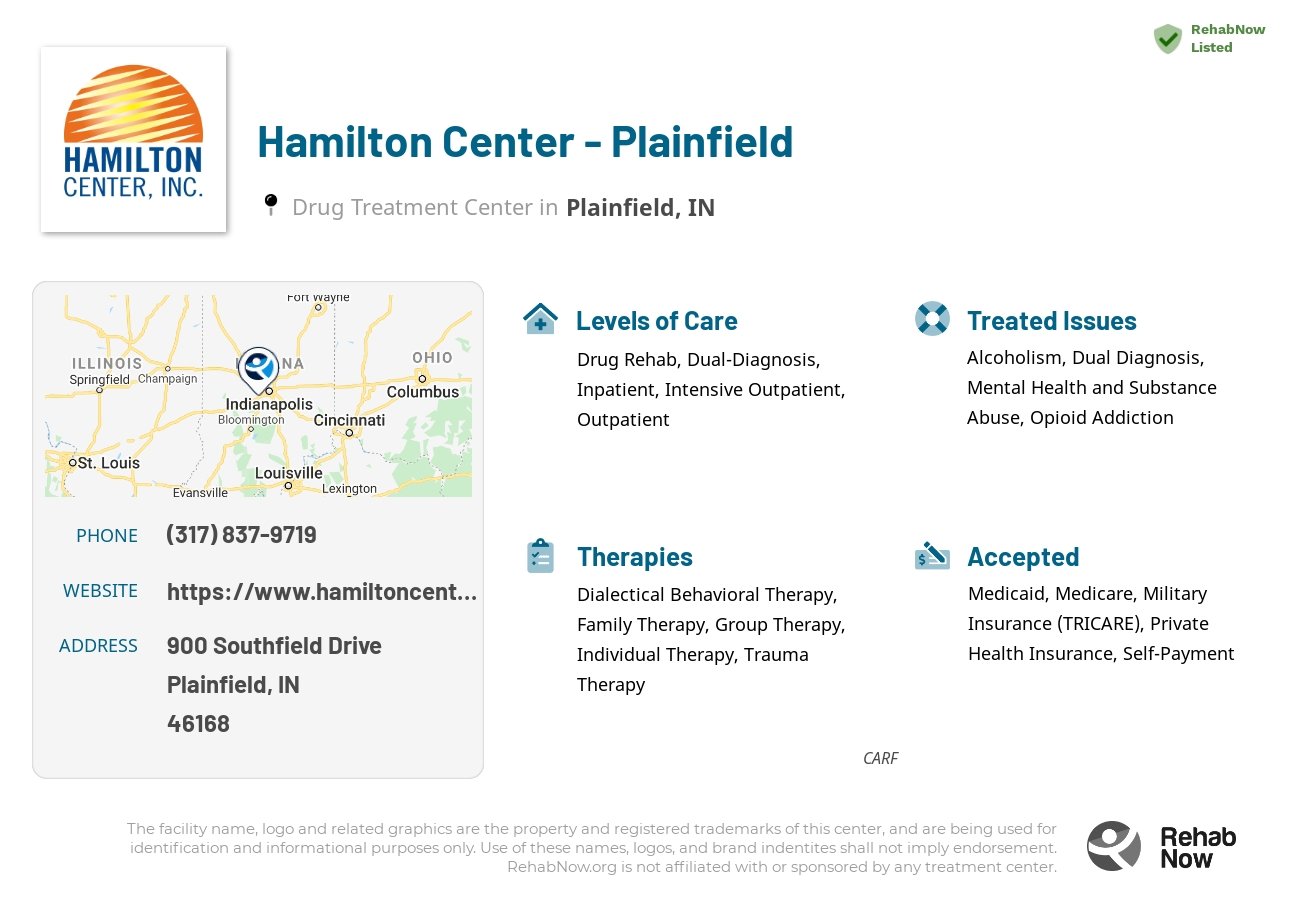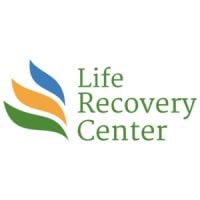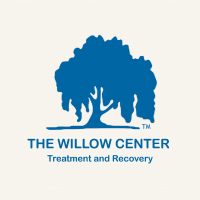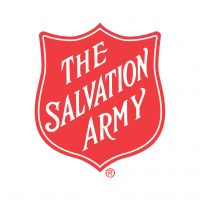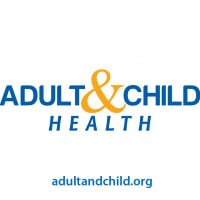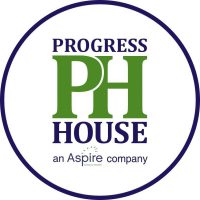Hamilton Center - Plainfield
Drug Rehab Center in Plainfield, Indiana
Hamilton Center - Plainfield is an out-patient addiction and substance abuse treatment facility that offers comprehensive services for a holistic experience, focusing on behavior health, crisis services, and integrating physical, emotional, and spiritual aspects of addiction and substance abuse.
About This Indiana Facility
Hamilton Center - Plainfield is an addiction treatment facility that provides a variety of services for those struggling with addiction and substance abuse. Located in Plainfield, Indiana, their comprehensive treatment plans are tailored to meet the needs of individuals suffering from alcoholism, opioid addiction, dual diagnosis, drug addiction, and mental health issues. Hamilton Center - Plainfield offers drug rehab, dual-diagnosis, inpatient, intensive outpatient, outpatient, aftercare support, and detox levels of care. They accept all forms of private health insurance and are accredited by JCAHO, making them a trusted option for addiction treatment.
Hamilton Center - Plainfield strives to ensure that their clients receive the most effective and comprehensive care by providing treatment plans designed to address the unique needs of each individual. Their team of addiction specialists utilize evidence-based treatments such as cognitive behavioral therapy, dialectical behavior therapy, and 12-step facilitation to help clients gain control of their lives. In addition, their aftercare support staff provide ongoing assistance to help ensure clients continue on their recovery path. Hamilton Center - Plainfield is committed to providing quality and compassionate care that help those struggling with addiction and mental health disorders reclaim their lives.
Genders
Ages
Modality
Additional
Accreditations

CARF
The Commission on Accreditation of Rehabilitation Facilities (CARF) is a non-profit organization that specifically accredits rehab organizations. Founded in 1966, CARF's, mission is to help service providers like rehab facilities maintain high standards of care.
Conditions and Issues Treated
Opioid addiction treatment should be done in a medically supervised drug rehab. Opioid addiction treatment will include detoxification and drug rehab counseling to help both the user and their loved ones learn how to live a successful sober lifestyle. Methadone, buprenorphine, and naltrexone are three medications that can help treat opioid addiction. Individual drug rehab counseling sessions can be helpful to discuss any questions or concerns with the drug treatment program.
When addiction and psychiatric issues co-occur, the addict’s recovery is more successful when both conditions are treated. A dual diagnosis refers to a condition in which the patient is diagnosed with two health issues: addiction and bipolar disorder.
Usually, dual diagnosis sufferers are prescribed a combination of treatments for each condition. The most common therapies are psychotherapy, behavioral therapy, spiritual counseling, 12-step programs, and medication management.
Psychiatric conditions are an obstacle to recovery because they can create roadblocks to a healthy lifestyle. Drugs and alcohol may be used as a means of self-medication, which can have dangerous consequences. Over time, addicts build up a tolerance and suffer withdrawal symptoms when drug use is stopped.
With the proper treatment, dual diagnosis sufferers can overcome their conditions and achieve lasting sobriety.
Levels of Care Offered at Hamilton Center - Plainfield
This center offers a variety of custom treatment tailored to individual recovery. Currently available are Drug Rehab, Dual-Diagnosis, Inpatient, Intensive Outpatient, Outpatient, with additional therapies available as listed below.
Inpatient treatment is an option that provides addicts with a supportive environment in which they can stop using. This type of intensive care and supervision is appropriate for those who were unable to quit on their own or need more structure than they could get from outpatient treatment, such as the addict most in need of this level of care.
The goal of inpatient rehab is for the addict to stay focused on sobriety and remain free of mood altering substances. Inpatient treatment programs usually offer the following: detox, therapy groups, one-on-one counseling, medication management and aftercare planning.
The Intensive Outpatient Program at Hamilton Center - Plainfield is for those who need intensive care but would rather get it in the comfort of their own home. The treatment programs vary in duration and intensity and can be tailored to suit the individual’s needs. IOP helps the patient to live at home and gradually get back to their routine life.
Daily trips to the hospital that provides the treatment include intensive outpatient services (IOP). The patients gradually get back to their everyday lives. IOP benefits the most when the patients have a supportive family member or friend who can encourage them in their recovery.
Individuals struggling with drug addictions can get help from several treatment options, including inpatient and outpatient programs. Outpatient drug treatment programs can also provide patients with different levels of care, usually depending on the patient’s degree of addiction.
At an outpatient program in Plainfield, a patient will attend a recovery program during the day and return home in the evening. Suppose a patient is struggling with drug addiction. In that case, an outpatient program can serve as an effective transition point during the recovery process.
Therapies & Programs
Individual therapy is a critical component of addiction recovery. It allows the patients to go deep into their core issues and discover how to handle those problems better. Therapy can be conducted in individual sessions as well as group settings. In individual therapy for addiction, the patient meets with their therapist one-on-one to focus on the underlying issues. This allows patients to open up and discuss personal topics they may not feel comfortable discussing in a group setting. This type of therapy can help develop solutions specific to each patient, which helps speed up the recovery process.
Family therapy is a crucial part of drug treatment and getting sober. It is one of the most effective ways to help addicts stay on the path to long-term sobriety. When a drug addict decides that they want to try and get sober, it takes the support of every person they love to succeed. It can be incredibly difficult for loved ones to watch an addict go through the pain and suffering of withdrawal, but by being there with them and supporting them, they can help to make sure that the addiction never returns.
One of the most important parts of family therapy is the relapse prevention plan. During treatment, therapists and doctors will often sit down with the addict and their family to develop a plan in case the addict ever feels like they want to use again. This plan should involve steps the addict and family can take together to prevent them from relapsing in the future. An addict’s family can play a vital part in helping them to avoid relapse because they can spot the warning signs and help them get back on track before it becomes too much of a problem.
Group therapy helps prevent addicts from feeling isolated or unique in their situation by offering a sense of comfort and fellowship. It also creates a forum for addicts to build their support systems and learn from each other. The group therapy sessions at Hamilton Center - Plainfield occur in a group setting rather than one-on-one to create a safer, controlled environment where addicts feel comfortable.
Trauma therapy helps people dealing with addiction by allowing them to confront the traumas of their past and move past them. It is important to note that trauma therapy should not be confused with PTSD (post-traumatic stress disorder) Rather, it is used to treat the effects of trauma, which are often at the root of addiction.
Dialectical Behavior Therapy was developed in the 1980s to treat chronically suicidal individuals. It is a cognitive-behavioral therapy that combines strategies derived from Zen Buddhism, such as mindfulness training. DBT has been adapted for use with other types of psychiatric problems, including substance abuse and personality disorders. DBT aims to help patients change their thinking and behavior, instead of relying on medication.
Cognitive Behavioral Therapy (CBT) is a common therapeutic approach to help drug addicts. It teaches addicts new ways of thinking and behaving so that they can avoid relapse. There are several forms of CBT used in drug rehabilitation centers.
Cognitive Restructuring helps addicts identify faulty, negative thinking so that they can work together with the therapist to find healthier ways of thinking, resulting in better decision-making.
Cognitive Behavioral Therapy for Addiction uses the principles of CBT to help treat addiction. It focuses on specific aspects of each person’s thinking, feeling, physiology, and behavior. It aims to identify specific problems in these areas and create a personalized treatment strategy.
Payment Options Accepted
For specific insurance or payment methods please contact us.
Is your insurance accepted?
Ask an expert, call (888) 674-0062
Hamilton Center Associated Centers
Discover treatment facilities under the same provider.
- Hamilton Center - Indianapolis in Indianapolis, IN
- Hamilton Center - Brazil in Brazil, IN
- Hamilton Center - Terre Haute in Terre Haute, IN
- Hamilton Center - Linton in Linton, IN
- Hamilton Center - Spencer in Spencer, IN
Learn More About Hamilton Center Centers
Additional Details
Specifics, location, and helpful extra information.
Plainfield, Indiana 46168 Phone Number(317) 837-9719 Meta DetailsUpdated November 25, 2023
Staff Verified
Patient Reviews
There are no reviews yet. Be the first one to write one.
Plainfield, Indiana Addiction Information
The state of Indiana ranks 14th in the nation for drug abuse, but 17th for drug overdoses. The state has many high-quality rehabilitation centers, but reports show that there are about 20 deaths per 100,000 people. This is due to its location making it a drug trafficking haven, where many drugs are further distributed into the country.
The drug addiction problem in Plainfield, Indiana is relatively bad. In 2016, there were about 913 admissions to treatment facilities for drug addiction in Hendricks County, which includes Plainfield. This means that about 6.7% of the population in the city sought treatment for drug addiction in 2016. There are a variety of different types of drug and alcohol rehabilitation programs available in Plainfield, Indiana. These include outpatient, inpatient, and residential rehabilitation programs.
Treatment in Nearby Cities
- Greencastle, IN (26.4 mi.)
- Winamac, IN (94.6 mi.)
- Middletown, IN (51.0 mi.)
- Avon, IN (4.9 mi.)
- Brazil, IN (41.8 mi.)
Centers near Hamilton Center - Plainfield
The facility name, logo and brand are the property and registered trademarks of Hamilton Center - Plainfield, and are being used for identification and informational purposes only. Use of these names, logos and brands shall not imply endorsement. RehabNow.org is not affiliated with or sponsored by Hamilton Center - Plainfield.
